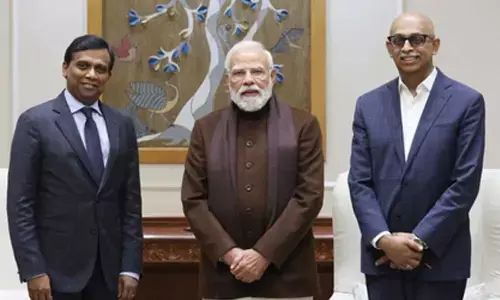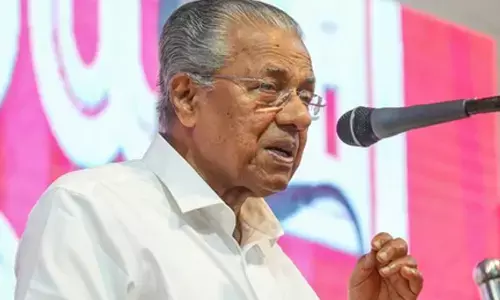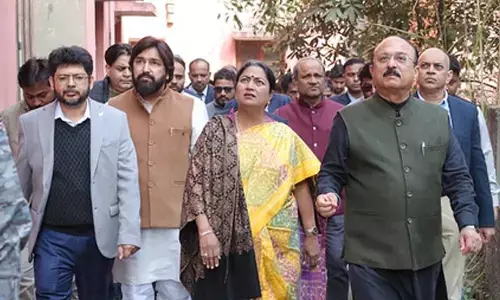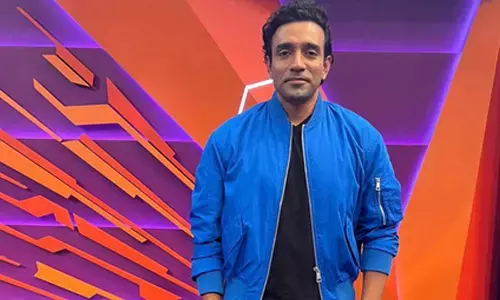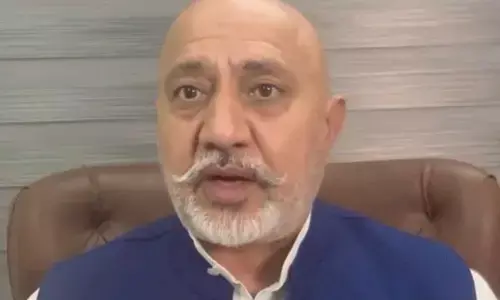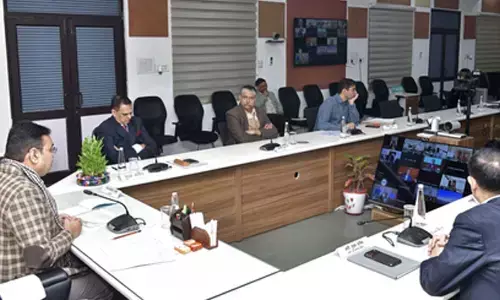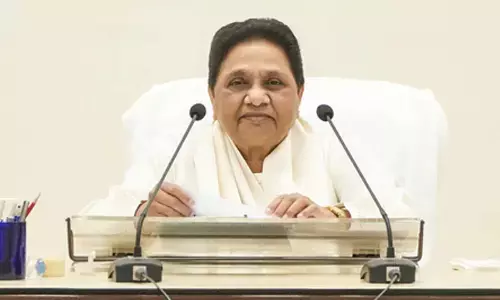For Kolkata’s LGBTQ rights activists the battle is not yet over
Share :
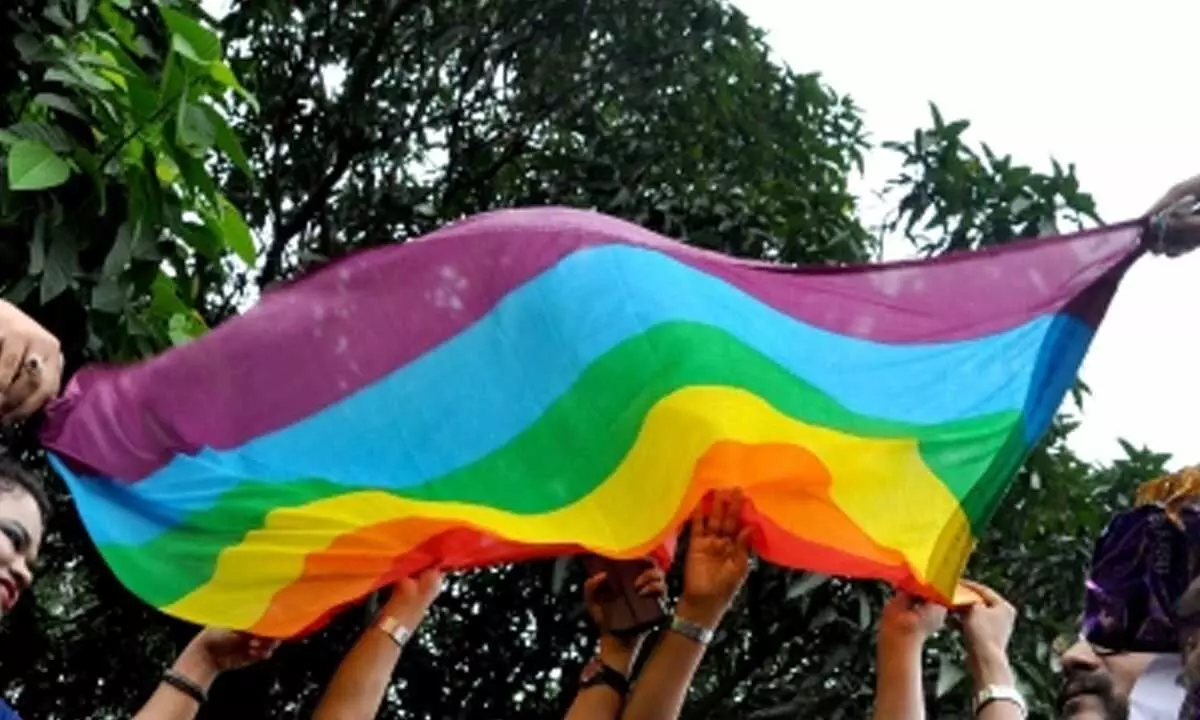
The Supreme Court of India's refusal to legalise same-sex marriages and instead leave it to the Parliament to form a legislation on this count, has left the LGBTQ rights activists in Kolkata disappointed. For them, the war might be over but the battle is still on.
Kolkata: The Supreme Court of India's refusal to legalise same-sex marriages and instead leave it to the Parliament to form a legislation on this count, has left the LGBTQ rights activists in Kolkata disappointed. For them, the war might be over but the battle is still on.
According to LGBTQ rights activists, they will now take up the matter with the Union government entrusted with the task of forming a panel to decide the rights and entitlements of the community in India.
They want to ensure that the proposed panel is not biased against same-sex marriages and has people who are sympathetic to the cause of the LGBTQ community too.
According to senior counsel of Calcutta High Court, Kaushik Gupta, the apex court’s refusal to legalise same-sex marriages and the decision to deny the LGBTQ community the right to adopt children is heart-breaking for the community.
“While those are undoubtedly demoralizing parts of the judgment, the observations by the apex court in protecting the dignity and basic rights of same-sex partners is extremely significant. Often, law enforcement agencies forcefully separate adult same-sex partners and send them to their parents, which is totally in violation of their basic rights.
“After Tuesday's verdict, probably such law enforcement agencies will hesitate to adopt such illegal steps,” Gupta said.
Kolkata’s leading LGBTQ rights activist and founder of queer rights pressure group Varta Trust, Pawan Dhall said that the apex court’s verdict makes him sad and happy at the same time. “The five-judge Bench of the Supreme Court has rightly stressed on the continuing discrimination that the members of the community are continuing to face even after partial striking down of Section 377 that criminalised same-sex relationships.
“Now it should be a priority for activists to go back to the drawing board and chart out the ways to end this social discrimination completely. Of course, we will have to keep a close watch on who would be the constituents of the panel as suggested by the apex court,” Dhall said.
Documentary filmmaker Dr Tirthankar Guha Thakurta, who also teaches medicine, said that the apex court has used extremely sensitive words about the rights of the Queer community.
“One of the important areas that the people from the community continue to face is the right to proper treatment unless the sufferer in this case has strong financial backing. So I am sure that Tuesday's verdict will compel the authorities concerned and the society in general to look at the matter sensitively.”
Sonali Roy, another leading face of Kolkata’s same-sex rights movement, said that the urgent task now is to hit the streets and attempt to influence the Union government so that the panel suggested by the apex court does not get crowded with mono-polar mindsets. “Remember reading down Section 377 was not an easy task and the journey to achieve that too was quite long. Again, we have to show them our numbers. We need more petitions, more visibility and more importantly more votes. To summarize— for us the war is over but the battle is on,” said Roy who lives with her same-sex partner Athena, a nail- artist by profession.
The city’s reputed fashion designer and Queer rights activist Nonoil Das, too, feels that the positive part of Tuesday’s judgment is the apex court’s observations on ending administrative and social discriminations against same-sex partners.







